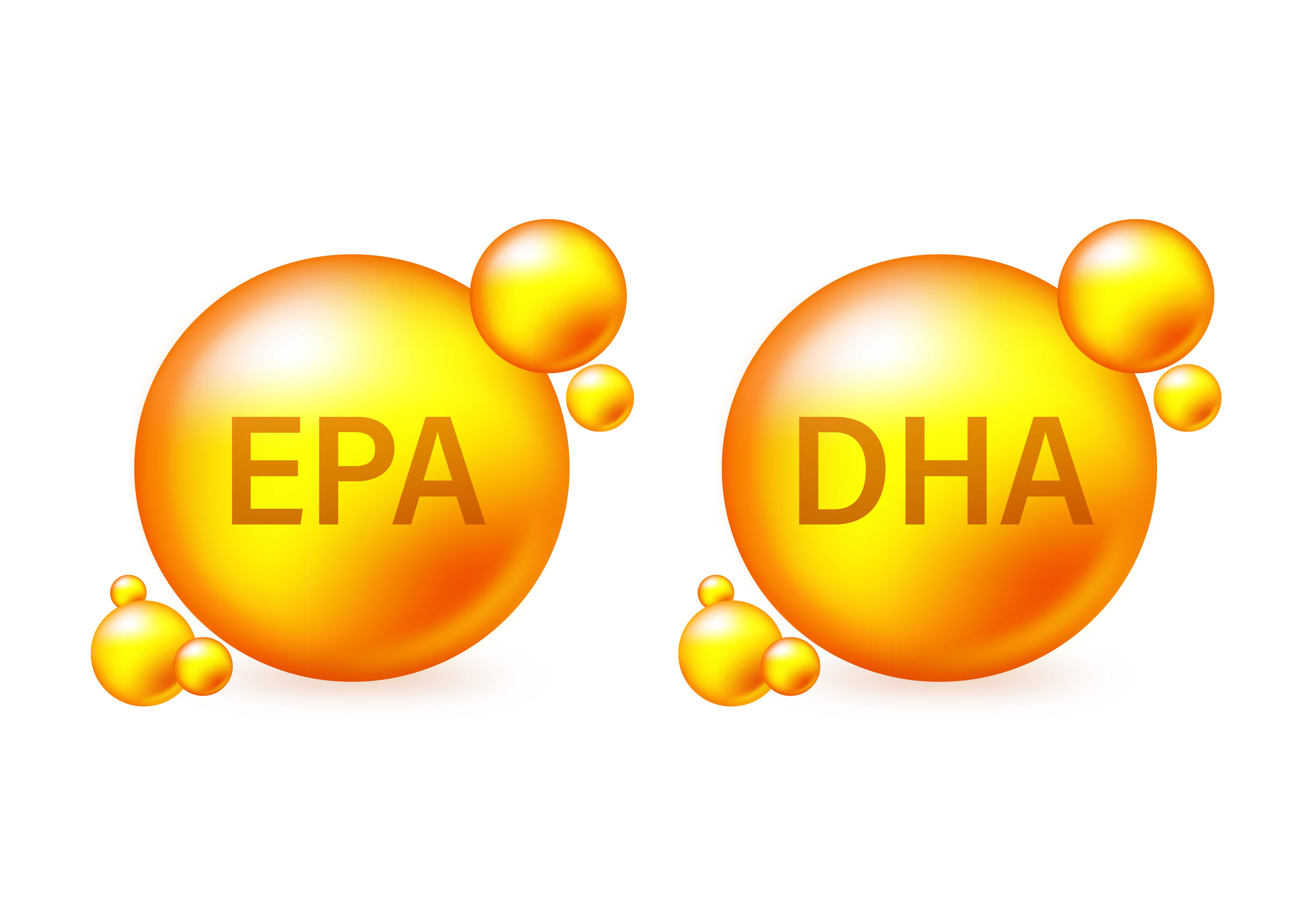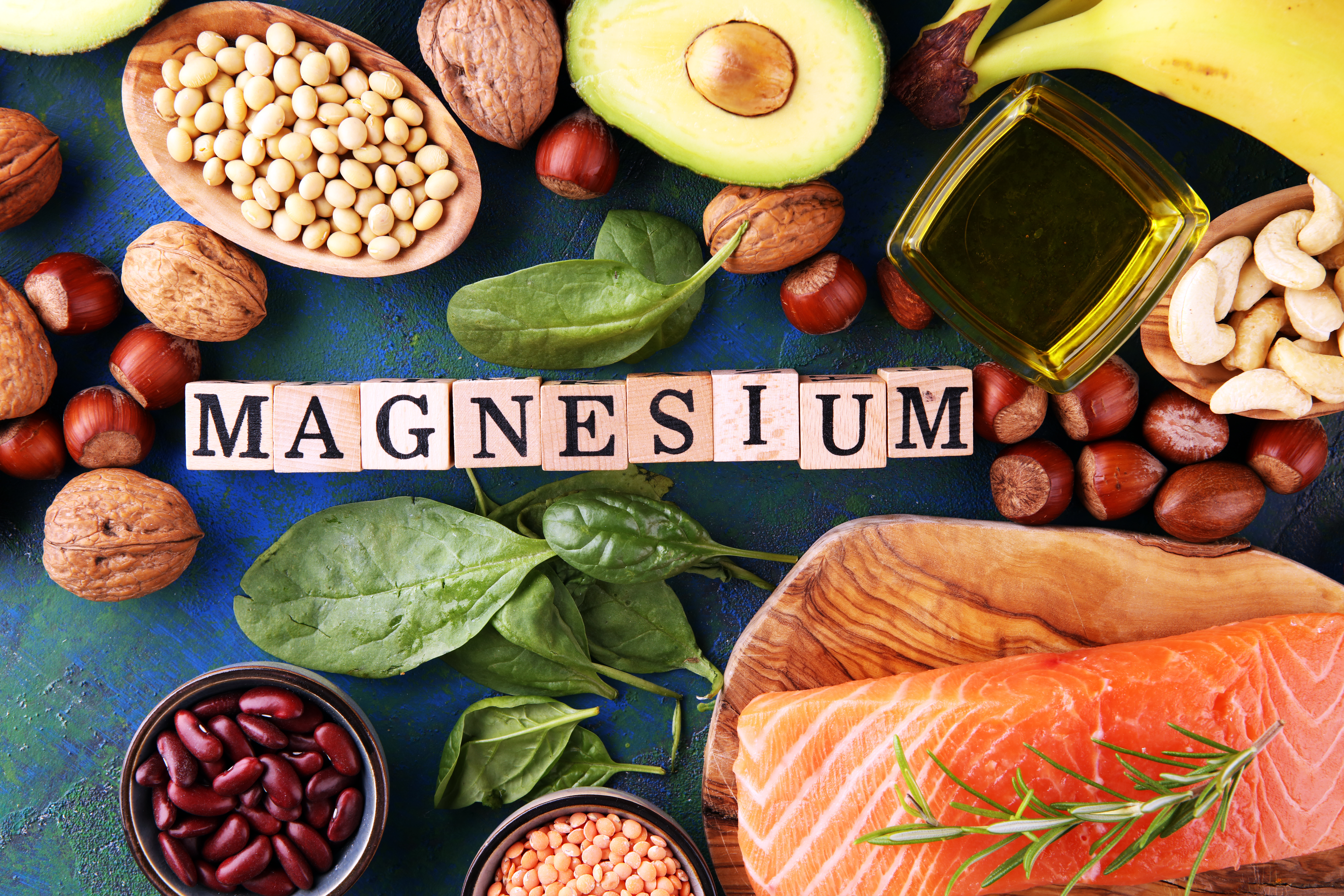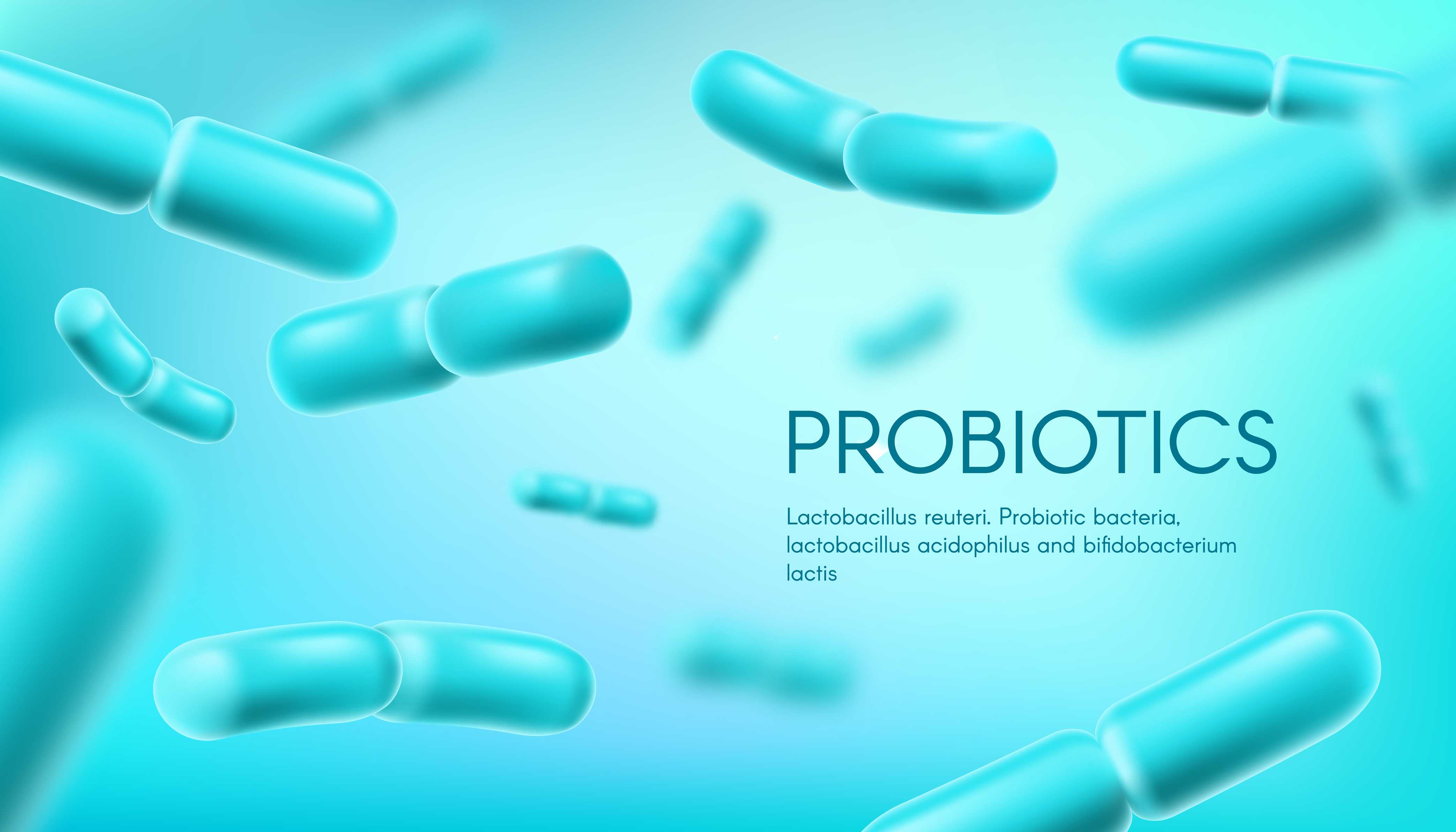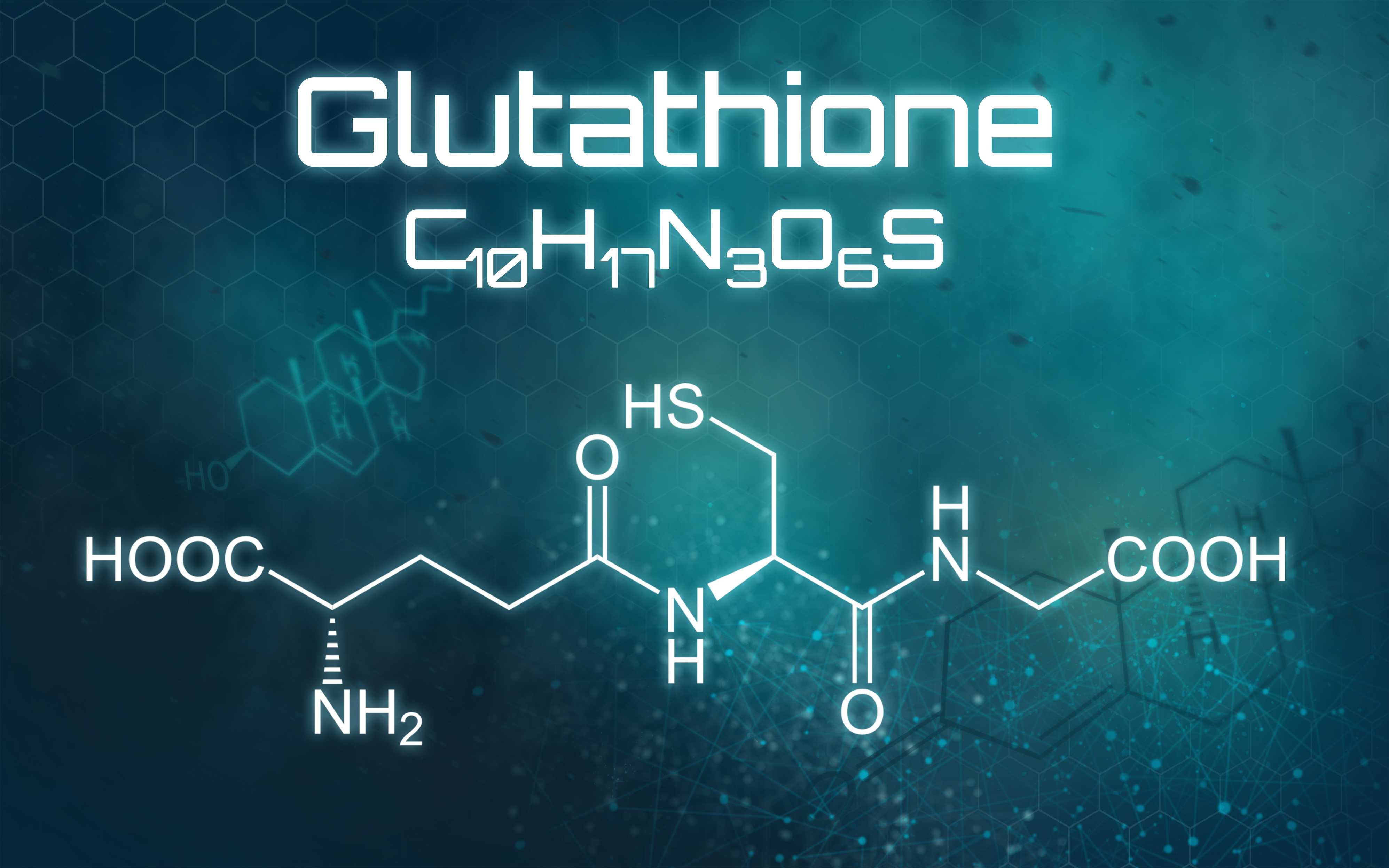Aging is an inevitable journey, but how we age is something we can influence. A crucial aspect of aging gracefully involves nourishing our bodies with the right nutrients and supplements. This approach is about adding years to life and life to years. A well-rounded diet, complemented by carefully chosen supplements, can significantly impact our health, vitality, and longevity. This article delves into the critical role of specific nutrients in maintaining our health as we age and how we can incorporate them into our daily regimen. From the heart-healthy Omega fatty acids to the brain-boosting benefits of other supplements, we’re exploring the seamless interplay between diet and supplementation in pursuing optimal aging.
Omega Fatty Acids: Building Blocks for Brain and Heart Health
The Essential Role of Omega-3 and Omega-6 in Aging Gracefully
Omega fatty acids, particularly Omega-3 and Omega-6, are fundamental to our health, especially as we age. These fatty acids are not just nutrients but powerful agents that can enhance heart health, boost cognitive function, and offer potent anti-inflammatory benefits. They play a crucial role in maintaining the flexibility of cell membranes, which is vital for healthy cell function. Omega-3s found abundantly in fish oils, are known for their heart-protective properties, lowering the risk of heart disease. They also support brain health, potentially slowing cognitive decline. Meanwhile, Omega-6 fatty acids, prevalent in many vegetable oils, are essential for skin health and bone density maintenance. However, it’s important to balance Omega-3 and Omega-6, as they work best in synergy.
Integrating Omega Fatty Acids into Your Diet
Incorporating Omega fatty acids into your diet doesn’t have to be a challenge. Rich natural sources of Omega-3 include fatty fish like salmon, mackerel, sardines, flaxseeds, chia seeds, and walnuts. For Omega-6, foods like sunflower seeds, pine nuts, and pumpkin seeds are excellent choices. To seamlessly blend these into your daily meals, consider adding ground flaxseeds to your morning smoothie or yogurt, enjoying a handful of walnuts as a snack, or dressing your salads with flaxseed oil. Fish oil supplements can be an effective alternative for those who don’t consume enough Omega-rich foods. Remember, the key to deriving the most benefit from these fatty acids lies in balance and consistency in your diet.
Magnesium Glycinate: The Understated Mineral for Optimal Aging
As we age, our body’s need for certain minerals increases and magnesium glycinate stands out as a crucial player in this stage of life. This form of magnesium, bound with glycine, is known for its high bioavailability and gentle impact on the stomach, making it an ideal choice for supplementation, especially in the golden years.
Why Magnesium Glycinate Matters in Your Golden Years
Magnesium plays a pivotal role in over 300 enzymatic reactions in the body, influencing everything from muscle function to bone health. In the context of aging, its benefits are particularly noteworthy. Magnesium glycinate maintains muscle strength and prevents cramps, a common issue in older adults. It also aids in managing stress and anxiety, promoting a sense of calm and relaxation, which is essential for mental health as we age. Moreover, its role in supporting bone density cannot be overstated, as it works with calcium and vitamin D to keep bones strong and reduce the risk of osteoporosis.
Magnesium-Rich Foods
Incorporating magnesium into your diet is not only beneficial but also delicious. Leafy greens like spinach and Swiss chard, nuts and seeds such as almonds and pumpkin seeds are all excellent sources of magnesium. Adding these foods to your diet is simple – sprinkle some almonds on your morning oatmeal, enjoy a spinach salad for lunch, or incorporate quinoa into your evening meals. These small changes can make a significant difference in meeting your magnesium needs.
Harnessing the Power of Prebiotics and Probiotics
The health of our gut plays a crucial role in our overall wellness, especially as we age. The balance of beneficial bacteria in our digestive system is essential for digestive health, the immune system, and mental health.
The Gut-Health Connection: Prebiotics and Probiotics in Synergy
Prebiotics and probiotics work together to maintain a healthy gut microbiome. Prebiotics are fibers that serve as food for probiotics, the beneficial bacteria in our gut. This synergistic relationship is key in promoting gut health, enhancing the absorption of nutrients, and bolstering the immune system. The balance of gut bacteria has also been linked to mood regulation and may play a role in preventing age-related cognitive decline.
Incorporating Prebiotics and Probiotics Naturally into Your Diet
Rich sources of prebiotics include foods like garlic, onions, and asparagus, which can easily be integrated into daily meals. Probiotic-rich foods include fermented products like sauerkraut, and kimchi. These simple additions can greatly enhance the diversity and health of your gut microbiome, contributing to better health and well-being in your later years.
Glutathione: The Master Antioxidant for Age Defense
Glutathione, present in every cell, is vital for detoxifying and defending the body against environmental toxins and oxidative stress, contributing to aging and chronic diseases. Its role in skin health is equally important, as it helps maintain the integrity of skin cells, protecting against UV damage and contributing to a healthy, youthful glow. Moreover, glutathione’s ability to boost the immune system is essential in preventing illnesses, a significant concern in later years.
Natural Ways to Boost Glutathione Levels in Your Diet
Our bodies naturally produce glutathione, but levels decrease with age. Fortunately, certain foods can help boost its production. Foods rich in sulfur, such as garlic, onions, and cruciferous vegetables like broccoli, kale, and Brussels sprouts, are particularly effective. To maximize intake, consider meal combinations such as garlic-seasoned grilled chicken with a side of broccoli, Brussels sprouts and almonds. Including these foods in your diet can significantly contribute to maintaining optimal glutathione levels for healthy aging.
Conclusion
Integrating the right balance of supplements and nutrients into your diet is a key factor in aging healthily and gracefully. Each plays a unique role in this holistic approach, from the heart-protective omega fatty acids and the stress-reducing magnesium glycinate to the gut-balancing prebiotics, probiotics, and the powerful glutathione. Remember, the most effective dietary plan is tailored to your needs and lifestyle. Embrace these nutritional strategies, combine them with a balanced diet, and you are on your way to a healthier, more vibrant aging experience. Your journey to aging well can be enjoyable and fulfilling, filled with the right nutrients to keep you thriving at every stage.









